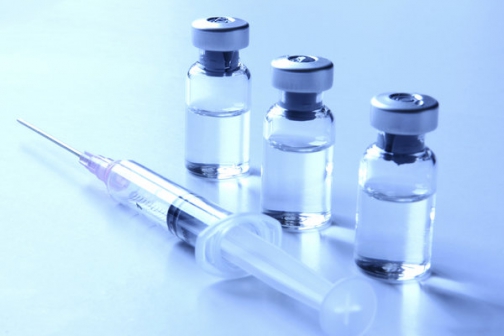×
The Standard e-Paper
Home To Bold Columnists

About 3.5 million schoolgirls who missed the free cervical cancer vaccine may get the crucial jab if the stalled project kicks-off next year.
“We are now ready to roll out the programme nationally from 2018 targeting about 3.5 million girls in and out of school in the first year,” Dr Collins Tabu, the head of the National Vaccines and Immunization Programme told the Standard Friday.